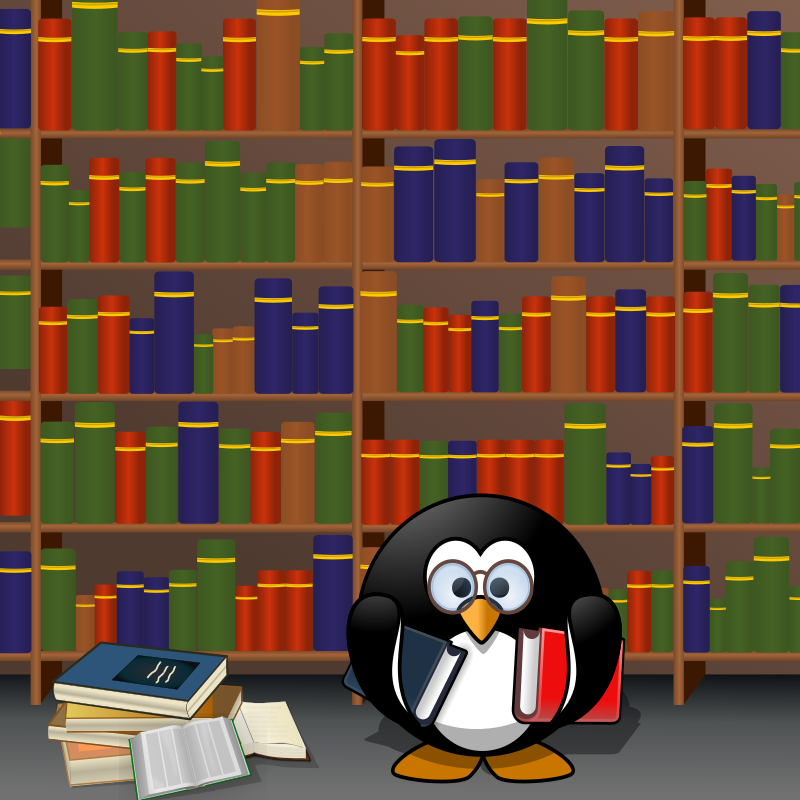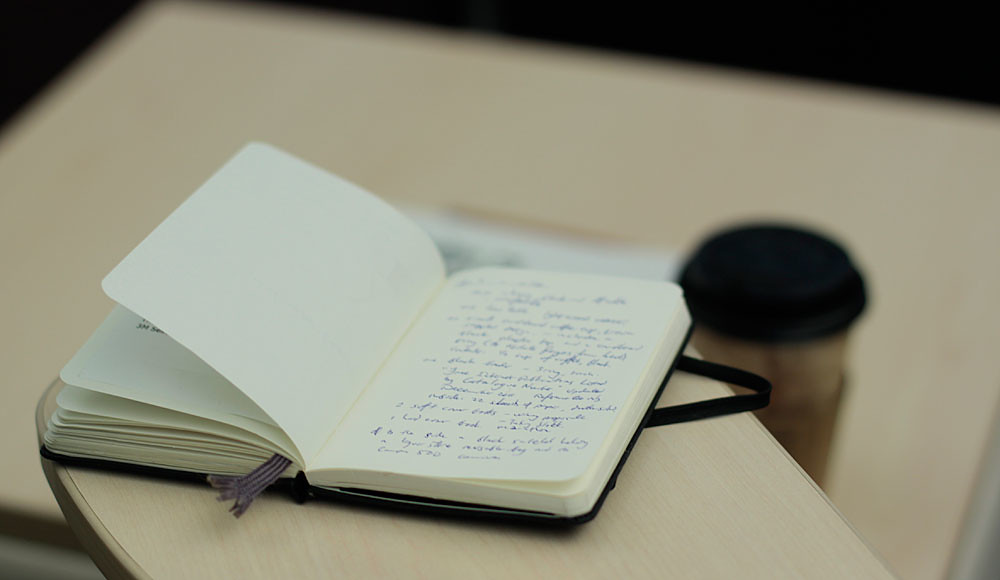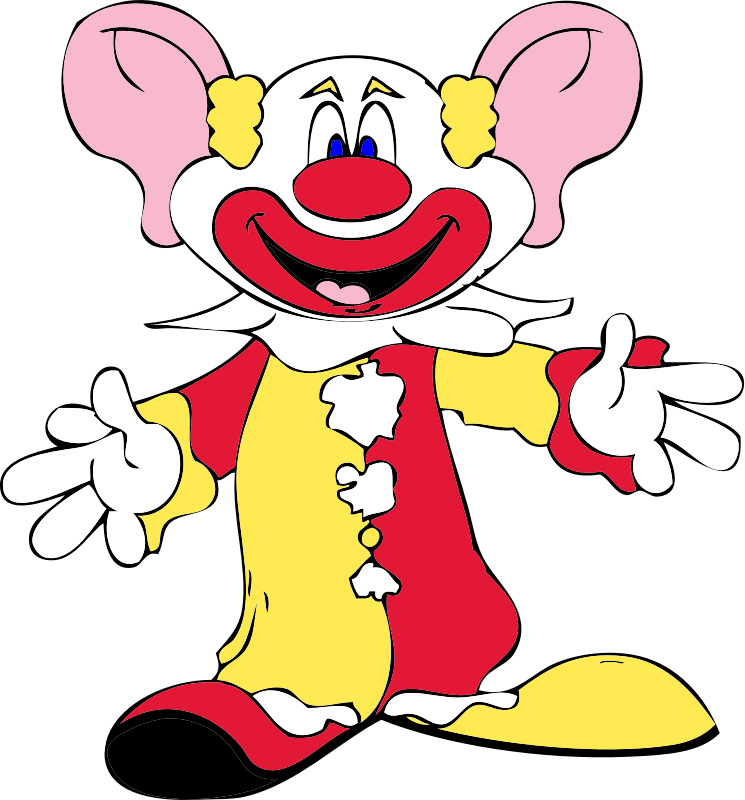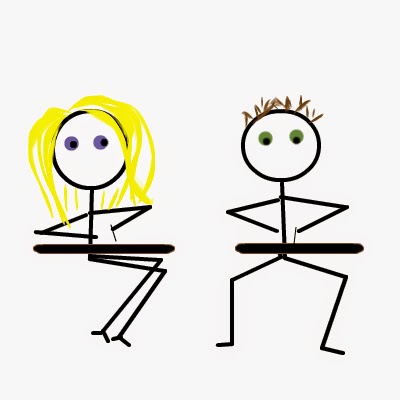As I've mentioned before, I go looking for writing tips all the time. It never hurts to have help, and I don't care who you are. But there's one tip that I just keep on seeing, and seeing, and now I have to address it. Because everybody says you have to read, too. I'm going to tell you what's wrong in that tip.
When Enough is Enough
I'm not saying that the tip is wrong in entirety. Yes, you should read. It's very important that one understands the mechanics of a novel if one is going to write a novel, this much is clear. And I'll take it even further by saying that you ought to read books across several different genres. It's not at all a bad idea to read classics, mysteries, romances, YA novels, horror novels, fantasy novels and any other darned thing that strikes your fancy.
If you're a lover of words, you're probably going to do all of this anyway. And if you become an indie author, you're probably going to read self-published books as well. But here's where I draw the line: you don't have to read all the time.



































